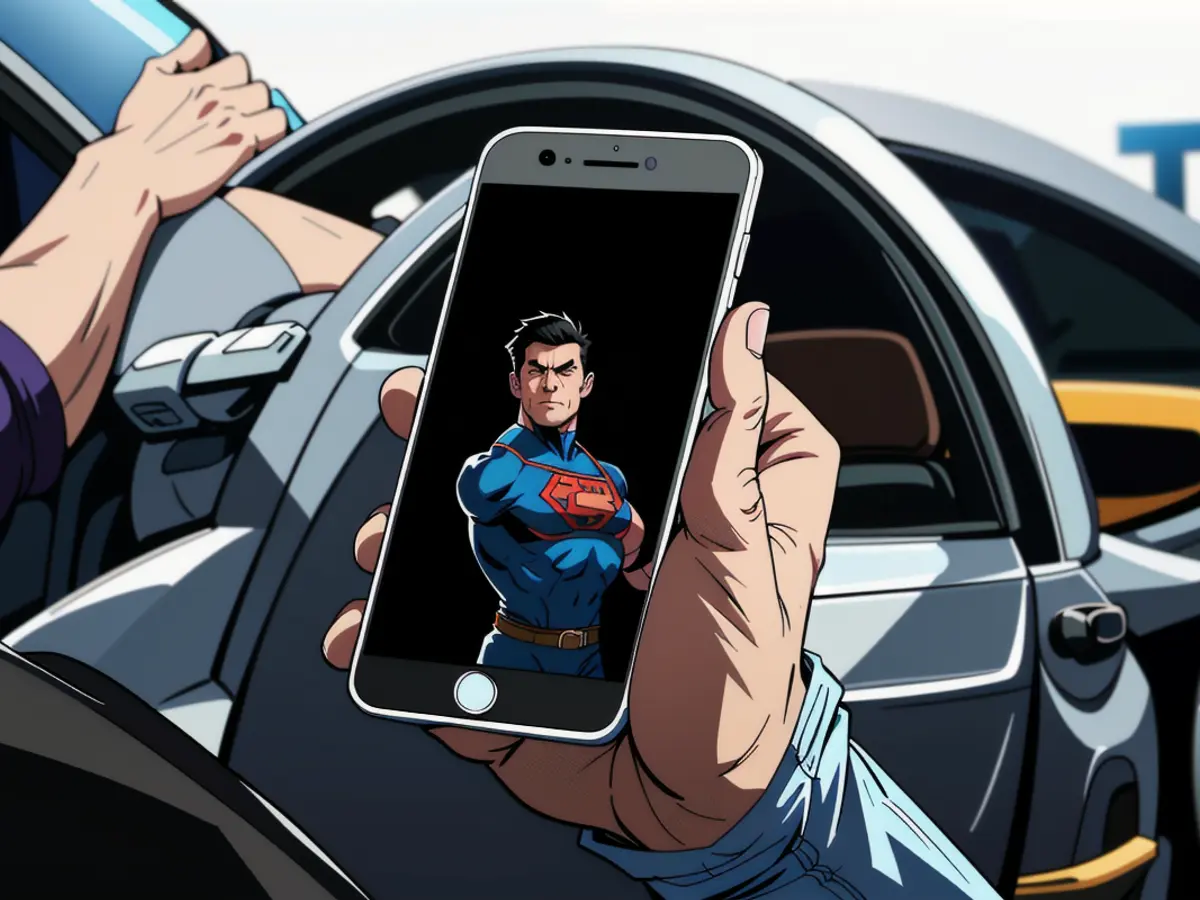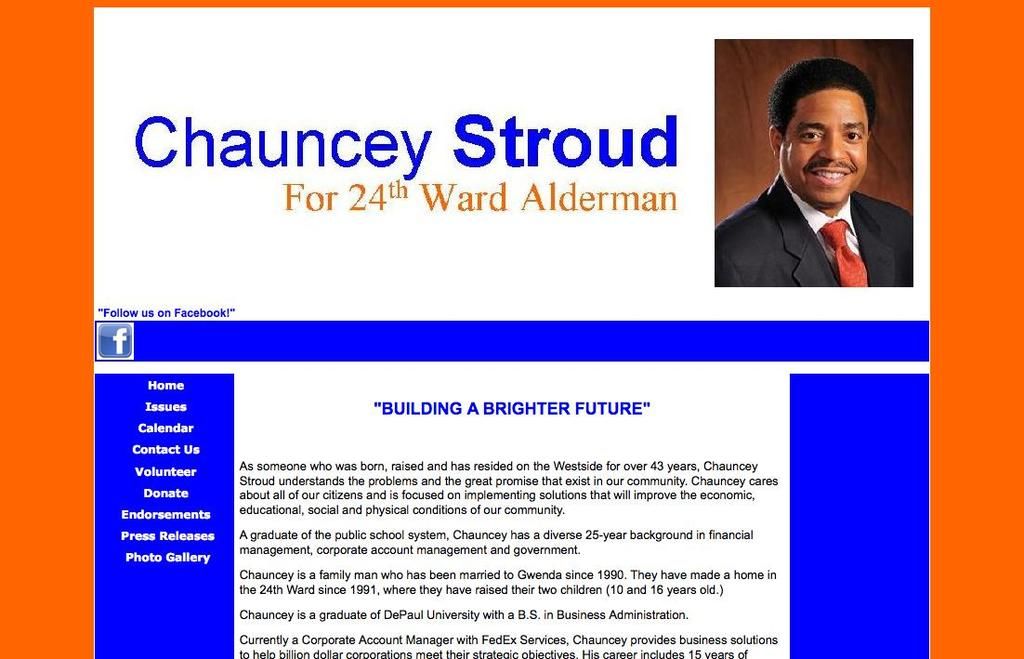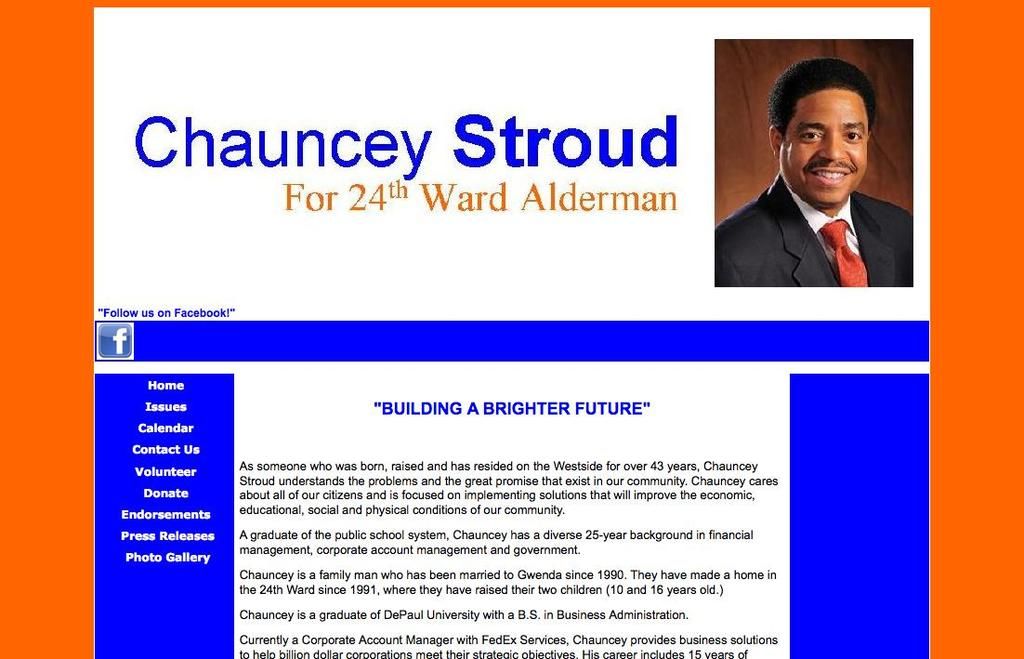Uber Accused of Forcing Users into Subscription Service Without Explicit Approval by FTC
Here's a fresh, original version of the article:
Uber Faces Heat for Deceptive Billing and Cancellation Practices in Uber One Subscription
Things just got dicey for Uber as the Federal Trade Commission (FTC) threw some serious allegations at the ride-sharing giant. It seems Uber might've been playing fast and loose with the rules regarding its Uber One subscription service.
In a tell-all complaint, the FTC blasts Uber for tricking customers into subscribing without their consent, early billing for those on a free trial, and making cancellations an absolute nightmare. Uber's "cancel anytime" promise? More like, "cancel only after scaling these lofty, multi-screen obstacles."
According to the FTC, the process could get as complicated as navigating through 23 screens to finally call it quits. Some customers found themselves in limbo, waiting for a response from Uber's customer support while still incurring charges for another subscription cycle.
"Uber's underhanded tactics are just another headache for consumers struggling with unwanted subscriptions that are difficult to escape," said FTC Chairman Andrew Ferguson in a fiery press release. "The FTC is standing up for the American people by calling out Uber for its deceptive billing practices."
The FTC contends Uber has violated both the FTC Act and the Restore Online Shoppers' Confidence Act. But it's not just the sign-up and cancellation processes that are raising eyebrows. Uber's claims about the savings customers can expect from Uber One are also under scrutiny.
Turns out, the promised savings of $25 a month doesn't take into account the subscription cost, meaning consumers rarely see any actual savings. Add to that the small, greyed-out text used to hide critical subscription details, and Uber's marketing tactics start looking shadier than ever.
When CNBC reached out for comment, Uber spokesperson Noah Edwardsen dismissed the FTC's claims, asserting that Uber's processes "are crystal clear and adhere to the letter and spirit of the law." Edwardsen added that cancellations can now be done in a snap, if you can find the way to reach customer support.
This isn't the first time Uber has found itself in hot water with the FTC. In 2017, the company agreed to shell out $20 million to the FTC after misleading prospective drivers. A few months later, Uber also agreed to regular audits due to lying about privacy protections. However, the FTC hasn't always been a savior to companies like Uber. In 2018, Uber managed to dodge FTC fines over a 2016 data breach it paid hackers to hush up.
Last December, Uber and its CEO Dara Khosrowshahi were among the tech bigwigs trying to schmooze then-president Trump with generous donations to his inaugural fund. But things have certainly taken a turn, as the FTC, under Ferguson's leadership, now has its sights set on tech companies, with Uber being the first to feel the heat in Trump's second term.
Additional Insights:
- Uber's deceptive practices included enrolling consumers without their consent, charging credit cards or debiting bank accounts without explicit authorization each time[1][2].
- Uber's savings calculations do not factor in the subscription cost, leading to consumers often not saving money overall[2].
- Uber obscured material subscription details using small, greyed-out text, contributing to deceptive marketing practices[2].
- The lawsuit reflects the FTC’s broader crackdown on deceptive subscription “dark patterns” and aims to protect consumers from unauthorized charges and obscure cancellation processes[2].
- Uber has denied wrongdoing, criticizing the FTC’s investigation as rushed and based on unverified accusations[2]. The FTC’s ongoing enforcement follows its recent “click to cancel” rule designed to make subscription cancellations as easy as sign-ups, set to take effect soon[2].
- The tech industry is under scrutiny as the Federal Trade Commission (FTC) questions Uber's business practices, specifically its Uber One subscription service.
- The FTC alleges that Uber has been deceptive, tricking customers into subscribing without their consent, charging them prematurely during free trials, and making cancellations excessively complicated.
- The FTC claims Uber has violated both the FTC Act and the Restore Online Shoppers' Confidence Act, also questioning the legitimacy of Uber's savings claims and the transparency of critical subscription details.
- Uber, in response to the FTC's allegations, maintains that its processes comply with regulations and asserts that cancellations can now be done more easily, despite some users finding the process convoluted.
- This is not Uber's first brush with the FTC, having settled with them in 2017 for misleading prospective drivers and lying about privacy protections.
- The FTC's recent actions indicate a growing focus on addressing deceptive subscription practices within the tech industry, with Uber being the first major company to face such scrutiny under the leadership of Chairman Andrew Ferguson.






